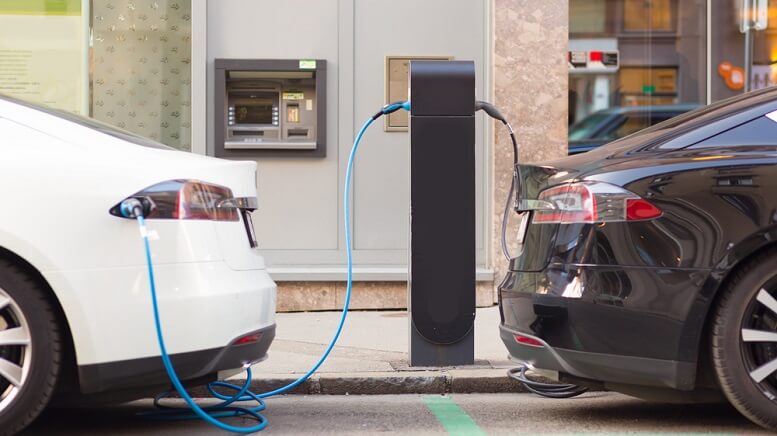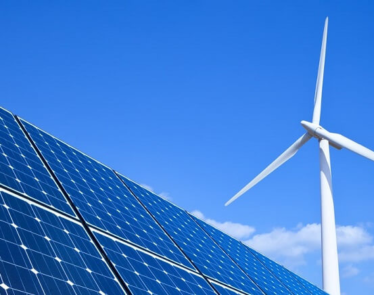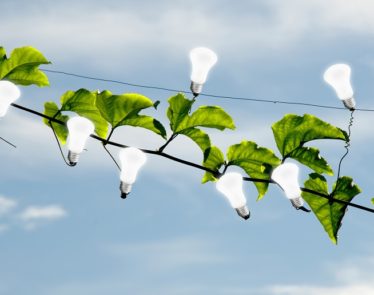
The automotive industry is just beginning a historic transition to emission-free vehicles. In 2019 alone, electric vehicle (EV) sales rose by more than 40 percent, and EV momentum is only increasing as governments around the world take steps to phase out international combustion engines and automakers prepare to comply with fully electric lineups in the coming years. Within the next two decades, the vast majority of vehicles on the road will likely be EVs, and to power these vehicles, battery makers will need to produce an output of at least 2,450 GWh by 2029. In order to meet this demand without wiping out the environmental benefits of the EV revolution, the battery industry needs to develop more sustainable means of extracting battery metals and producing more efficient batteries, which is exactly what companies like Tesla Inc (NASDAQ:TSLA), Livent Corporation (NYSE:LTHM), Romeo Power Inc (NYSE:RMO), QuantumScape (NYSE:QS), and Nano One Materials Corp. (TSXV:NNO) (OTC:NNOMF) are doing.
Nano One Materials Debuts Groundbreaking Manufacturing Process
Any technology that makes batteries and battery production more efficient, cost effective, and sustainable has strong potential to be game changing to the rapidly expanding EV industry, and so these types of breakthroughs are incredibly valuable. Nano One Materials Corp. (TSXV:NNO) (OTC:NNOMF) is working on such a breakthrough. Nano One is a battery materials technology company that has patented a scalable industrial process for the production of low cost, high performance cathode materials used in lithium-ion batteries. The company’s “One-Pot Process” significantly streamlines the battery cathode materials production process, reducing manufacturing costs while enabling higher performance cathode materials as compared to the standard manufacturing process.
On February 26, Nano One announced the launch of its M2CAM (metal to cathode active material) initiative. The company has adapted its One-Pot Process to be used for the manufacture of cathode materials using nickel, manganese, and cobalt metal powder feedstocks rather than metal sulfates or other salts. This development eliminates the need for costly and energy-intensive conversion of nickel, cobalt, and manganese to sulfate, and lithium carbonate to hydroxide, as well as the need to ship large quantities of water and sulfur, creating significant reductions in both cost and environmental footprint by factors of four to five times. With this process, there is no need for the costly intermediate extra step of making precursor cathode active material, and it eliminates a large waste stream of sulfur and water, among other significant benefits.
“Miners are compelled to reduce their carbon footprint, both from internal corporate ESG mandates and in meeting customer requirements, none more so than those in the battery supply chain,” Nano One Battery Metals Strategy Advisor Robert Morris said in the company’s release. “OEM’s want ‘clean nickel’ and that refers to the mining, refining and logistics of getting the product to the place where it will be consumed. Metal producers should have an ESG and premium advantage over sulfate and other non-metal producers, if their nickel can be used directly in the production of cathode materials.”
Nano One also provided a progress update on its Joint Development Agreement with a multi-billion-dollar undisclosed Asian cathode producer for LNMO materials. The first two phases of the project have been successfully completed. Next, the two parties will be working towards scaling up, detailing an economic analysis, third-party evaluation, and making preliminary plans for commercialization.
LNMO is of increasing global interest as it delivers energy and power on par with other high-performance cathodes and is more cost effective because it is cobalt free. Its unique three dimensional structure allows faster charging and operates at a 25% increase in voltage enabling fewer cells.
“The work under this agreement is on schedule and on budget, and the LNMO materials have met phase one and two metrics for performance and economics,” said Nano One CEO Dan Blondal. “This partnership is built on trust and a common vision to launch a differentiated and sustainable cathode materials business and we are pleased to be reporting measurable progress towards these goals and the continued execution of our business plans.”
Battery Innovations Drive EV Industry Forward
Tesla Inc (NASDAQ:TSLA) announced last year that the company plans to internally produce its own proprietary batteries, potentially reducing the cost of the company’s vehicles. Just as significant, the company is developing an all-new “tabless” battery design, which, according to Tesla, will increase energy by five times, power by six times, and allow 16 percent more range than Tesla’s previous batteries.
Lithium chemical manufacturer and distributor Livent Corporation (NYSE:LTHM) has been recognised as one of the industry’s top battery metal suppliers for environmental sustainability. In November last year, the company was awarded the 2020 Gold Status for sustainability performance by EcoVadis, the Global CSR rating agency.
Romeo Power Inc (NYSE:RMO) has become one of the leading suppliers of batteries for class 4-8 EV trucks and buses, other commercial vehicles and high-performance vehicles. The company has secured $544 million in contracted revenue and is in negotiations for another $2.2 billion from major commercial vehicle companies like Peterbilt and Freightliner.
QuantumScape (NYSE:QS) could be one of the most disruptive technology companies in the EV battery space. QuantumScape is developing a solid state lithium-metal battery that the company says could be capable of storing 80% more energy than existing lithium-ion battery models with significantly lower manufacturing costs.
The EV industry has the potential to facilitate an unprecedented shift towards green technology adoption, while companies like Nano One Materials are making the underlying battery materials technology more sustainable.
Click here to find out more about Nano One Materials Corp.
Featured image: DepositPhotos © kasto












